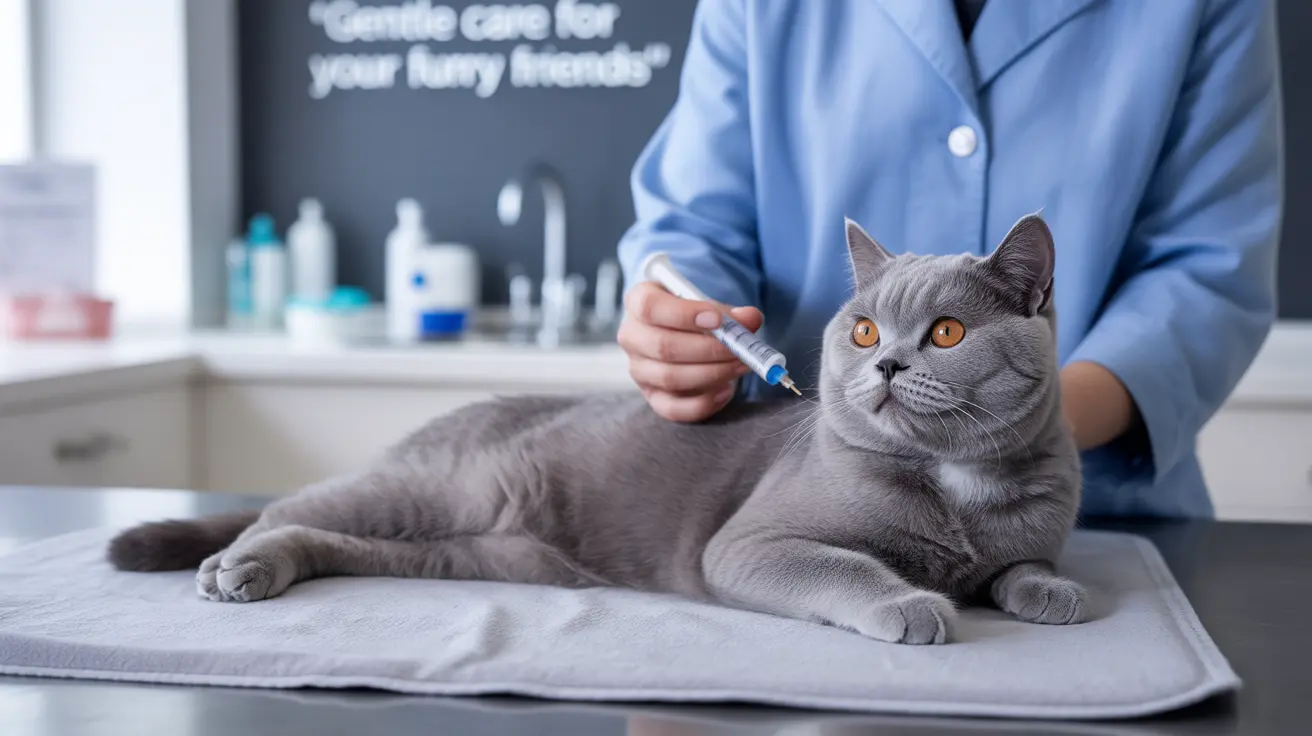Understanding Solensia: A Revolutionary Treatment for Feline Arthritis
For cat owners struggling to manage their pet's arthritis pain, Solensia represents a groundbreaking advancement in feline medicine. As the first FDA-approved monoclonal antibody therapy specifically designed for cats with osteoarthritis, this injectable medication is changing how we approach feline joint pain management.
This comprehensive review explores how Solensia works, its effectiveness, and what real cat owners are saying about their experiences with this innovative treatment. Whether you're considering Solensia for your arthritic cat or simply wanting to learn more, this guide will help you make an informed decision.
How Solensia Works to Combat Cat Arthritis
Solensia (frunevetmab) operates through a highly targeted mechanism, specifically binding to and neutralizing nerve growth factor (NGF), a key protein involved in chronic pain signaling. This monthly injectable treatment works differently from traditional pain medications, offering a new approach to managing feline arthritis pain.
The medication is administered as a subcutaneous injection by veterinary professionals, typically in the scruff of the cat's neck. This controlled administration ensures proper dosing and allows for professional monitoring of any immediate reactions.
Real-World Results and Success Stories
Clinical trials have shown impressive results, with 77% of cat owners reporting significant improvements in their pets' mobility and comfort levels. Most cats show noticeable improvement within the first month of treatment, with optimal results typically achieved after 2-3 doses.
Many cat owners have shared positive experiences, noting their elderly cats becoming more active, playful, and engaging in activities they had previously abandoned due to pain. These improvements often include renewed ability to jump, climb stairs, and participate in regular play sessions.
Understanding Potential Side Effects
While Solensia has demonstrated a generally favorable safety profile, it's important to be aware of possible side effects. The most commonly reported issues include:
- Vomiting (affecting approximately 13% of cats)
- Injection site reactions
- Mild gastrointestinal disturbances
- Temporary changes in behavior or activity levels
Most side effects are mild and resolve without intervention, though owners should always report persistent or concerning symptoms to their veterinarian.
Cost and Treatment Considerations
As a prescription-only medication requiring monthly veterinary visits, Solensia represents a significant investment in your cat's health. The cost varies by region and clinic but should be weighed against the potential improvement in quality of life for arthritic cats.
Many owners report that the benefits justify the expense, particularly when considering the limited effective alternatives for managing feline arthritis pain.
Frequently Asked Questions
What is Solensia and how does it help manage osteoarthritis pain in cats?
Solensia is a monoclonal antibody therapy that targets and neutralizes nerve growth factor (NGF), which is responsible for chronic pain in arthritic cats. It's administered monthly via injection by a veterinarian and helps reduce pain and improve mobility in cats with osteoarthritis.
How soon can I expect to see improvements in my cat's mobility after starting Solensia injections?
Most cat owners notice improvements within 2-4 weeks after the first injection, with maximum benefits typically observed after 1-3 monthly treatments. About 67% of owners report significant improvement within the first 28 days.
What are the common side effects of Solensia for cats and how serious are they?
Common side effects include vomiting (13%), diarrhea (6.5%), injection site reactions, and mild behavioral changes. Most side effects are mild and temporary, though rare cases of allergic reactions can occur and require immediate veterinary attention.
Can Solensia be safely given with other medications or vaccines to my cat?
Yes, Solensia can generally be administered alongside other medications and vaccines, though injections should be given at different sites. Always inform your veterinarian about any other medications your cat is taking to avoid potential interactions.
Is Solensia suitable for all cats, and are there any cats that should not receive this treatment?
Solensia is not suitable for cats under 12 months old, those weighing less than 5.5 lbs, or cats who are pregnant, breeding, or lactating. Cats with known hypersensitivity to the medication should not receive treatment, and those with kidney disease may require additional monitoring.
Conclusion
Solensia represents a significant advancement in feline arthritis treatment, offering hope for many cats suffering from chronic joint pain. While not every cat will respond identically to treatment, the overall success rate and positive owner reviews suggest it's a valuable option worth considering for cats with osteoarthritis, under proper veterinary guidance.






